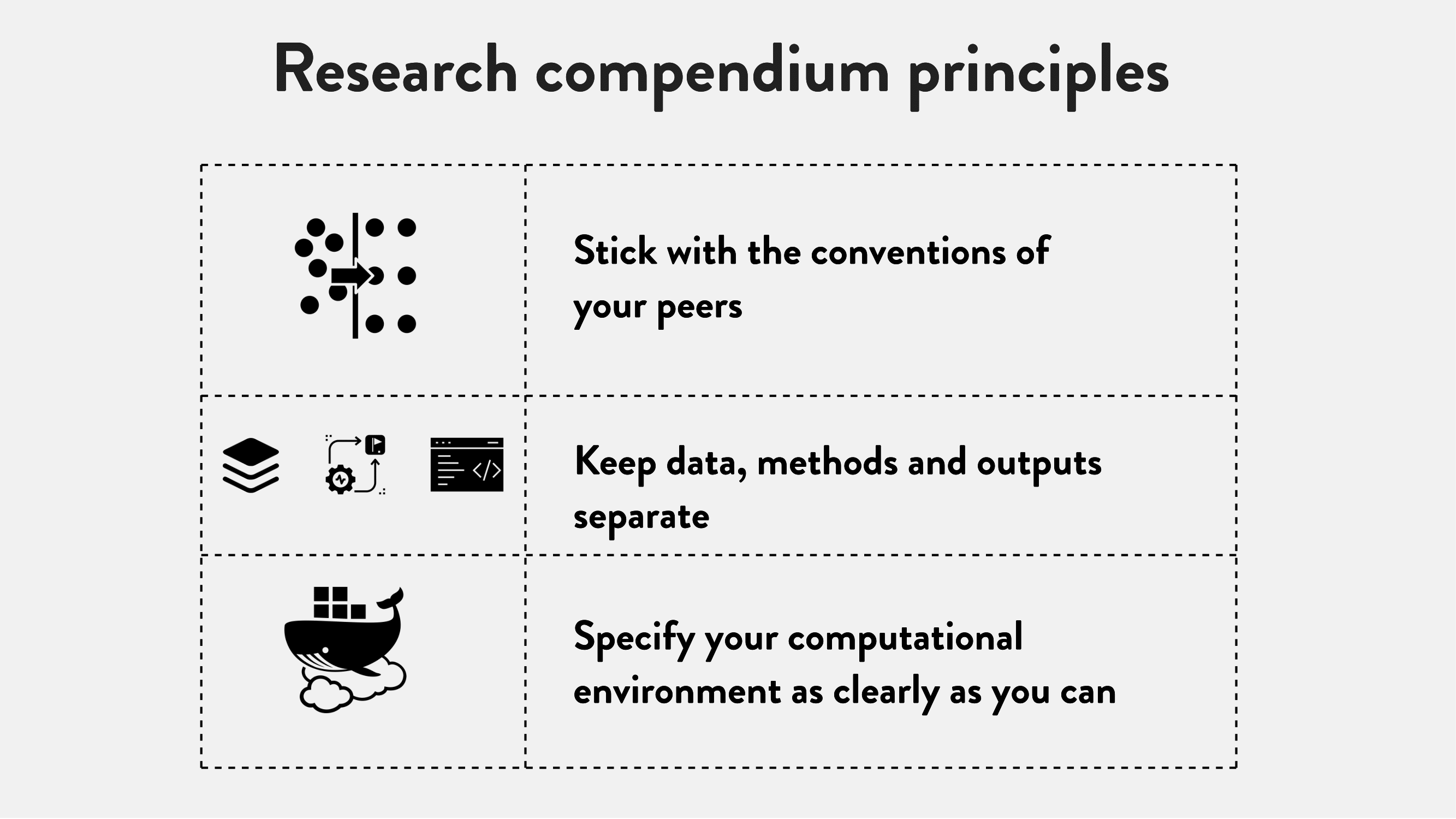About
Francisco Bischoff
on July 22, 2020
Last updated: 2021-03-04
Checks: 7 0
Knit directory: heads_thesis/
This reproducible R Markdown analysis was created with workflowr (version 1.6.2). The Checks tab describes the reproducibility checks that were applied when the results were created. The Past versions tab lists the development history.
Great! Since the R Markdown file has been committed to the Git repository, you know the exact version of the code that produced these results.
Great job! The global environment was empty. Objects defined in the global environment can affect the analysis in your R Markdown file in unknown ways. For reproduciblity it’s best to always run the code in an empty environment.
The command set.seed(20201020) was run prior to running the code in the R Markdown file. Setting a seed ensures that any results that rely on randomness, e.g. subsampling or permutations, are reproducible.
Great job! Recording the operating system, R version, and package versions is critical for reproducibility.
Nice! There were no cached chunks for this analysis, so you can be confident that you successfully produced the results during this run.
Great job! Using relative paths to the files within your workflowr project makes it easier to run your code on other machines.
Great! You are using Git for version control. Tracking code development and connecting the code version to the results is critical for reproducibility.
The results in this page were generated with repository version efe268d. See the Past versions tab to see a history of the changes made to the R Markdown and HTML files.
Note that you need to be careful to ensure that all relevant files for the analysis have been committed to Git prior to generating the results (you can use wflow_publish or wflow_git_commit). workflowr only checks the R Markdown file, but you know if there are other scripts or data files that it depends on. Below is the status of the Git repository when the results were generated:
Ignored files:
Ignored: .Rhistory
Ignored: .Rproj.user/
Ignored: .httr-oauth
Ignored: _targets/
Ignored: dev/
Ignored: index/_bookdown_files/
Ignored: index/thesis.log
Ignored: index/thesis_cache/
Ignored: index/thesis_files/
Ignored: pdfs/
Ignored: renv/library/
Ignored: renv/staging/
Note that any generated files, e.g. HTML, png, CSS, etc., are not included in this status report because it is ok for generated content to have uncommitted changes.
These are the previous versions of the repository in which changes were made to the R Markdown (analysis/about.Rmd) and HTML (docs/about.html) files. If you’ve configured a remote Git repository (see ?wflow_git_remote), click on the hyperlinks in the table below to view the files as they were in that past version.
| File | Version | Author | Date | Message |
|---|---|---|---|---|
| html | efe268d | Francisco Bischoff | 2021-03-04 | flowsite |
| Rmd | f4f98d7 | Francisco Bischoff | 2021-03-03 | Develop branch new start |
Abstract
Currently, Point-of-Care (POC) ECG monitoring works either as plot devices or alarms for abnormal cardiac rhythms using predefined normal trigger ranges. On the other hand, full 12-derivation ECG machines are complex to use as simple monitors and are used with strict techniques for formal diagnostics of hearth electric conduction pathologies, and the automatic diagnostics are derived from a full analysis of the 12-dimension data after it is fully collected. Both systems do not handle disconnected leads and patient’s motions, being strictly necessary to have a good and stable signal to allow proper diagnosis.
This research aims to identify abnormal hearth electric patterns using streaming data, specifically those who are life-threatening, being a reliable signal for Intensive Care Units to respond quickly to those situations.
The study design is comparable to a Diagnostic study, where high accuracy is essential. It will use the Physionet datasets1, and the algorithm will try to minimize the false negatives and false positives.
The expected result is the concretization of a new method that, besides being accurate, accomplishes this task using state of the art technology for time series analysis that allows minimum space and processor power to solve this problem. Also, we expect that fading factors can contribute to the state of the art of this technology.
The research team is well experienced in time-series and has studied the Matrix Profile since its beginning, being founders of the Matrix Profile Foundation whose goal is to have a concise and stable cross-language API for developing with the Matrix Profile technology.2,3
About the ongoing project
The document submitted for approval is here.
To follow the thesis timeline you can access the full Gantt chart at Zenhub. Click here (you need a github account, but that’s it).
Reproducible Research4
This thesis will follow the compendium principles:


Following Standards
Aiming to create secure materials that are FAIR findable, accessible, interoperable, reusable
Research Data Management
- RDM checklist
- Anticipate data products as part of your thesis outputs
- Think about what technologies to use
Missing values are a fact of life
- Usually, best solution is to leave blank
NAorNULLare also good options- NEVER use
0. Avoid numbers like-999 - Don’t make up your own code for missing values
Raw data are sacrosanct
- Don’t, not even with a barge pole, not for one second, touch or otherwise edit the raw data files. Do any manipulations in script
Three principles for good (file) names
Machine readable
Regular expression and globbing friendly
- Avoid spaces, punctuation, accented characters, case sensitivity
Easy to compute on
Deliberate use of delimiters
Deliberate use of
"-"and"_"allows recovery of metadata from the filenames:"_"underscore used to delimit units of metadata I want to access later"-"hyphen used to delimit words so our eyes don’t bleed
Human readable
- Borrowing the concept from slugs from semantic URLs
Play well with default ordering
Put something numeric first
Use the ISO 8601 standard for dates
Left pad other numbers with zeros
License
This work is licensed under a Creative Commons Attribution-NonCommercial-ShareAlike 4.0 International License.
References
1. Clifford GD, Silva I, Moody B, et al. The PhysioNet/Computing in Cardiology Challenge 2015: Reducing false arrhythmia alarms in the ICU. In: Computing in Cardiology.; 2015. doi:10.1109/CIC.2015.7408639
2. Bischoff F, Rodrigues PP. tsmp: An R Package for Time Series with Matrix Profile. Published online April 2019. doi:10.13140/RG.2.2.13040.30726
3. Van Benschoten A, Ouyang A, Bischoff F, Marrs T. MPA: a novel cross-language API for time series analysis. Journal of Open Source Software. 2020;5(49):2179. doi:10.21105/joss.02179
4. Krystalli A. R for Reproducible Research. Published online 2019. https://annakrystalli.me/rrresearch/
sessionInfo()
#> R version 4.0.3 (2020-10-10)
#> Platform: x86_64-w64-mingw32/x64 (64-bit)
#> Running under: Windows 10 x64 (build 19042)
#>
#> Matrix products: default
#>
#> locale:
#> [1] LC_COLLATE=English_United States.1252
#> [2] LC_CTYPE=English_United States.1252
#> [3] LC_MONETARY=English_United States.1252
#> [4] LC_NUMERIC=C
#> [5] LC_TIME=English_United States.1252
#>
#> attached base packages:
#> [1] stats graphics grDevices datasets utils methods base
#>
#> loaded via a namespace (and not attached):
#> [1] Rcpp_1.0.6 whisker_0.4 knitr_1.31 magrittr_2.0.1
#> [5] workflowr_1.6.2 R6_2.5.0 rlang_0.4.10 fansi_0.4.2
#> [9] stringr_1.4.0 tools_4.0.3 xfun_0.21 utf8_1.1.4
#> [13] git2r_0.28.0 htmltools_0.5.1.1 ellipsis_0.3.1 rprojroot_2.0.2
#> [17] yaml_2.2.1 digest_0.6.27 tibble_3.1.0 lifecycle_1.0.0
#> [21] crayon_1.4.1 later_1.1.0.1 vctrs_0.3.6 fs_1.5.0
#> [25] promises_1.2.0.1 glue_1.4.2 evaluate_0.14 rmarkdown_2.7.2
#> [29] stringi_1.5.3 compiler_4.0.3 pillar_1.5.0 httpuv_1.5.5
#> [33] renv_0.13.0 pkgconfig_2.0.3
